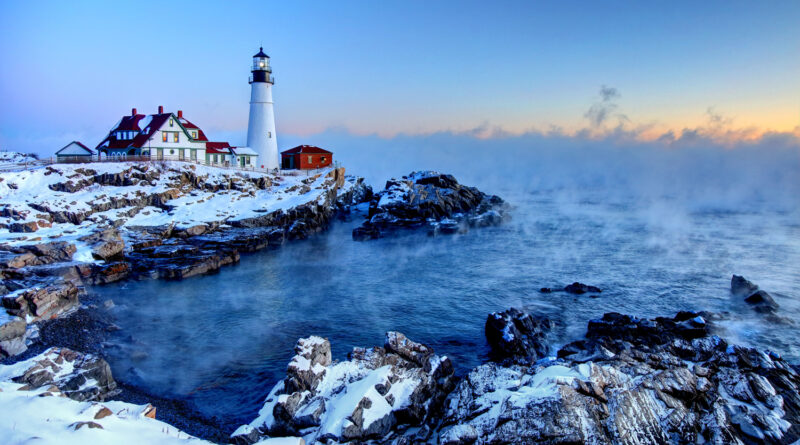History Of Maine
Maine stands as a testament to the country’s rich history and natural beauty. From its earliest Indigenous inhabitants to the European explorers who arrived on its shores, Maine’s past is a tapestry woven with remarkable stories and significant events. This article takes you on a compelling journey through time, unraveling the captivating history that has shaped Maine into the enchanting state it is today.
Indigenous Heritage in Maine
Maine’s history begins with its Indigenous peoples, who inhabited the region for thousands of years before European contact. The Abenaki, Passamaquoddy, Penobscot, and Micmac tribes thrived in harmony with the land, relying on its resources for sustenance and spirituality. Their rich cultures, intricate artwork, and profound connection to nature provide a foundation for understanding Maine’s earliest roots.
European Exploration and Settlement
In the early 16th century, European explorers set their sights on the Maine coast. French explorer Samuel de Champlain led one of the earliest expeditions in 1604, followed by English settlers who established the short-lived Popham Colony in 1607. As Europeans sought to capitalize on the region’s abundant natural resources and strategic location, permanent settlements gradually took shape along Maine’s picturesque shores.
Maritime Legacy and the Age of Sail
Maine’s maritime heritage is deeply ingrained in its history. With its extensive coastline, natural harbors, and vast forests, the state became a prominent center for shipbuilding during the 18th and 19th centuries. Communities like Bath and Kittery thrived as skilled craftsmen constructed majestic vessels that sailed the world’s oceans. Maine’s ships played a pivotal role in global trade, and the era of sail witnessed the birth of legendary clipper ships that epitomized the state’s shipbuilding prowess.
Maine Attains Statehood
Maine’s journey towards statehood was a complex process intertwined with political and social developments. Once part of Massachusetts, Maine sought independence due to cultural and economic differences. After a prolonged struggle, Maine achieved statehood on March 15, 1820, becoming the 23rd state of the Union. This milestone solidified Maine’s distinct identity and marked the beginning of its significant contributions to the United States.
Maine’s Impact on American History
Maine’s history is intertwined with key moments in American history. During the American Revolution, Mainers displayed their courage in the Battle of Machias (1775), marking the first naval engagement of the war. In the War of 1812, the state’s coastal communities played a crucial role in defending American interests against British forces.
Maine also produced notable figures who shaped the nation. Hannibal Hamlin, a Maine native, served as Vice President under Abraham Lincoln during the Civil War. The renowned poet Henry Wadsworth Longfellow, born in Portland, immortalized America’s spirit through his timeless works.
Conclusion
Maine’s captivating history spans millennia, encompassing Indigenous traditions, European settlement, maritime heritage, and contributions to American history. From the resilient Indigenous peoples to the shipbuilders and statesmen, each chapter adds depth to Maine’s unique character. As we reflect on the past, we celebrate the enduring spirit that has shaped this enchanting state and continues to inspire all who visit its breathtaking landscapes.
Discover more from City Towner
Subscribe to get the latest posts sent to your email.




